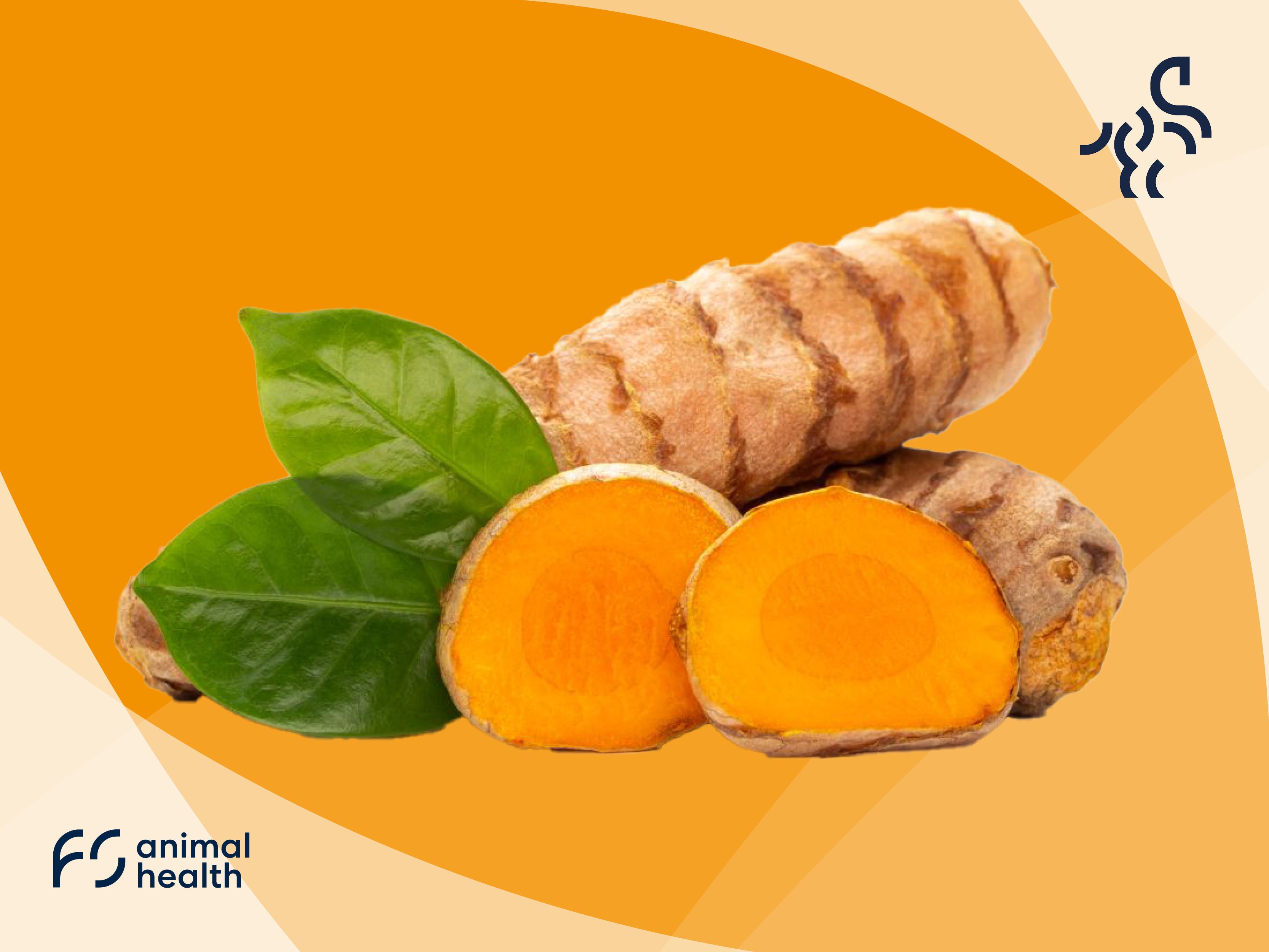It's easy to think that your horse never coughs because you never hear it, that it actually never coughs. But how much time do you really spend with your horse - an hour a day or more? Most riding horses see their owners for a few hours a week, certainly not 24 hours a day.
If you are with your horse for even two hours a day, four days a week (fairly normal for riding horses boarded at a boarding facility, as many horses are these days), you have the opportunity to hear your horse cough for about eight out of 168 hours a week, or less than 5% of the time. The other 95%+ of the time, you would not be there to hear your horse cough.
Why is this important? Because during the 160 hours a week, it may cough - even if it only coughs a few times - you may not hear it, but you will think it never coughs.
That doesn't mean you're a bad horse owner, though. In fact, you're in good company with the rest of the equestrian world. Ask almost any horse owner and she'll tell you her horse doesn't cough either, and for the same reason - she hasn't been around long enough to hear the occasional cough.
Studies have shown that horses can cough once and then three hours later cough six times, then 12 hours later cough twice, and so on. They don't cough regularly like humans do, so unless you attach a video camera, put a microphone in the barn, or spend 24 hours with your horse, you won't know how often he coughs," explains Dr. David Marlin, PhD, equine physiologist, researcher, author, and professor of physiology at Oklahoma State University.
Is a little cough a big deal?
Misconceptions about horse coughing are deeply rooted in our equestrian world:
"All horses cough a little when they warm up."
"It's just a bit of dust from the arena."
"It's just a bit of chip dust."
"He's just clearing his throat."
"It's really dry this year."
Dr. Marlin's perspective is clear: "There seems to be a general belief that it's OK for a horse to cough a few times while warming up. But it's not. It indicates a respiratory illness."
They [horses] don't cough regularly like humans do, so unless you put a video camera, a microphone in the stable, or spend 24 hours with your horse, you won't know how often it coughs."

What is respiratory disease in horses?
Respiratory diseases include both infectious and non-infectious diseases. Infectious respiratory diseases in horses include bacterial and viral infections such as equine influenza. Non-infectious respiratory diseases in horses include a spectrum of respiratory diseases known as equine asthma. These include conditions such as inflammatory airway disease (IAD), chronic obstructive pulmonary disease (COPD) and recurrent airway obstruction (RAO).
Respiratory diseases in horses are very common and have a variety of causes. From infectious diseases that spread quickly through large stables or farms to non-infectious diseases that are often caused by horse allergies or hypersensitivity to allergens in the stable environment.
Respiratory disease in horses is very common and has a variety of causes explains Dr. David Marlin, PhD, equine exercise physiologist, researcher, author and professor of physiology at Oklahoma State University.
How can I tell if my horse has a respiratory disease?
Coughing is just one sign of respiratory disease in horses. Other signs range from those that are easy to identify to those that are difficult for a horse owner to assess:
- nasal discharge
- Increased respiratory rate
- Increased respiratory effort
- swelling of the nostrils
- breathing sounds, at rest or during exercise
- Poor recovery
- Lower performance
Keeping a rider's journal will allow you to look for these signs each day and note if or when they appear. Especially for the more subtle signs, a performance record, for example, can help you describe the symptoms and history to your veterinarian, which can help them help your horse.
How often does respiratory disease occur in horses?
More common than you might expect, especially if you're new to equine respiratory disease. Even more remarkable is the number of horses with respiratory disease whose owners see no symptoms or signs of the problem before their horses are examined by a veterinarian.
A recent study showed that 88% of the horses examined suffered from inflammatory airway disease.
What can I do to prevent my horse from coughing?
First, observe. Does your horse have any of the above signs? If so, call your veterinarian and have your horse examined - this is the definitive way to diagnose equine respiratory disease. Your veterinarian will prescribe any necessary medications and can advise you on environmental improvements that will help prevent and treat equine respiratory disease.
To prevent environmentally-related respiratory disease in horses, you should reduce as much dust from your horse's environment as possible. Stable bedding - both straw and shavings - is a major source of dust in the stable.
Even the best quality hay is another major source of dust that can affect your horse's respiratory system. Environmental dust, debris from baling, transport and storage, and the drying process of hay production all contribute to the dust and nutrition at each meal being precisely tailored to your horse's respiratory system.
How can hay steamer help?
The good news is that you can help your horse breathe cleaner air by using environmentally friendly stable products that significantly reduce dust particles in the air.
Hay steamers can eliminate up to 99% of mold, fungi, yeast and bacteria in hay and up to 98% of respirable dust particles - plus it maintains its nutritional value, improves palatability and helps treat laminitis, diarrhea, colic and recovery from surgery and respiratory problems.



